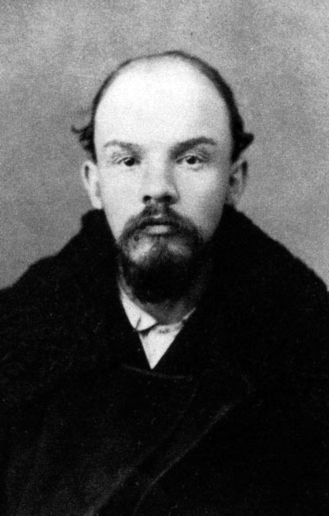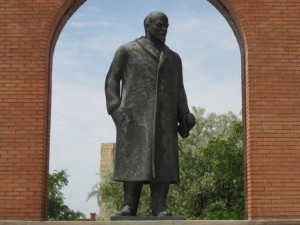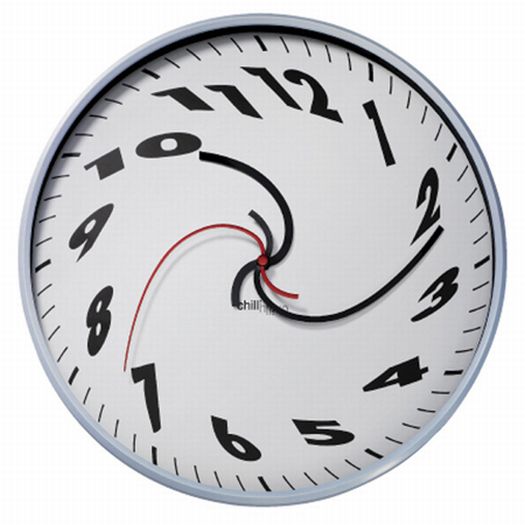Alright, folks, here is the unofficial unveiling of the courses coming for next year. If you don’t see what you think you should see here, get in touch with one of your friendly neighborhood LU economists and ask about possible independent and group study options.
Fall 2010
ECON 100 INTRODUCTORY MICROECONOMICS (Q) 9:50-11:00 MTWF Ms. Karagyozova
ECON 170 FINANCIAL ACCOUNTING 2:30-4:20 TR Mr. Vaughan
ECON 200 ECONOMIC DEVELOPMENT (G,W) 12:30-2:20 TR Mr. Finkler
ECON 390 HISTORY OF ECONOMIC THOUGHT 2:30-4:20 TR (Sign up for tutorial with Professor Finkler)
ECON 300 MICROECONOMIC THEORY (Q) 3:10-4:20 MTWF Mr. Gerard
ECON 430 CAPITAL AND GROWTH (Q) 9:00-10:50 TR Mr. Finkler
ECON 520 ADVANCED MACROECONOMICS (Q) 1:50-3:00 MWF Ms. Karagyozova


 I just made my way over to Briggs because I have a 20-page paper due, and I am, like, totally stressed out about it.** I was wondering why there were students milling around outside, and it turns out that they were victims of the time change — the building is supposed to open at 1, but evidently security didn’t push its clock forward yet.
I just made my way over to Briggs because I have a 20-page paper due, and I am, like, totally stressed out about it.** I was wondering why there were students milling around outside, and it turns out that they were victims of the time change — the building is supposed to open at 1, but evidently security didn’t push its clock forward yet.